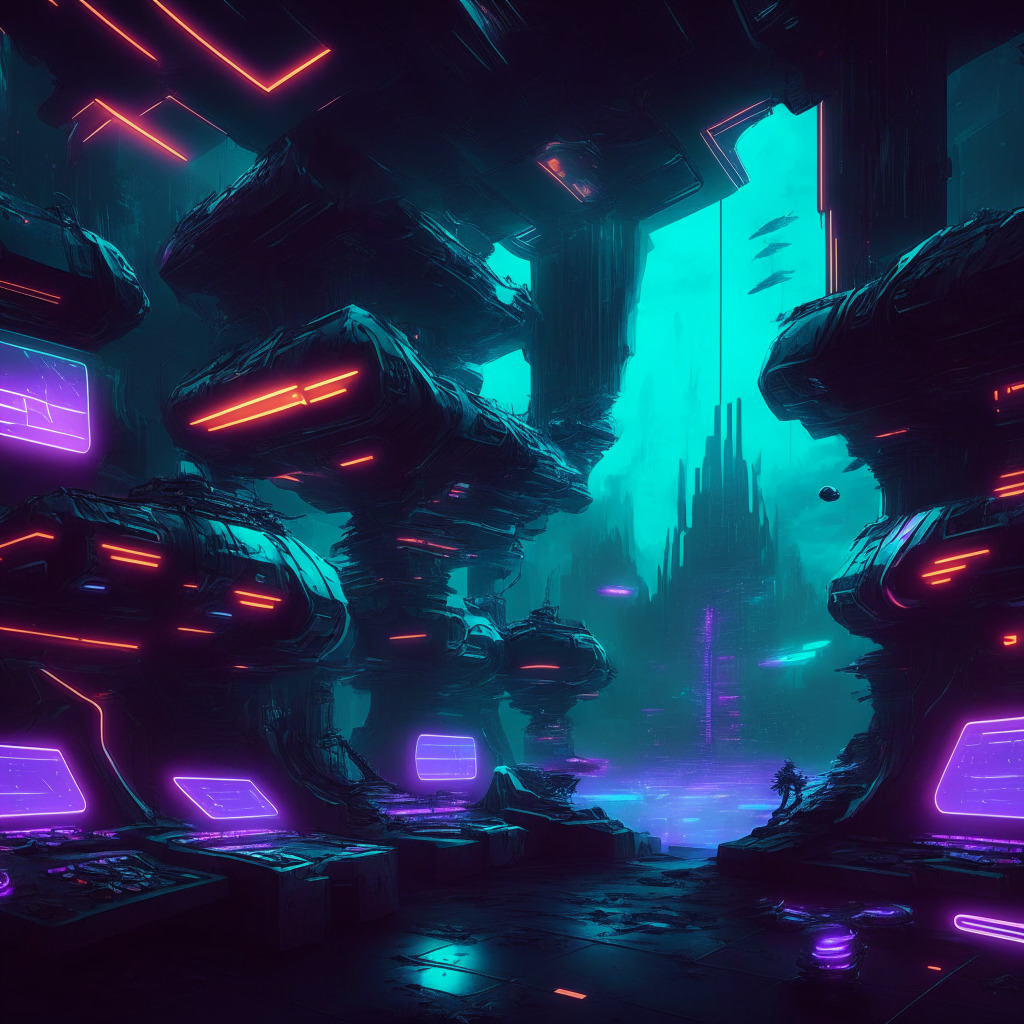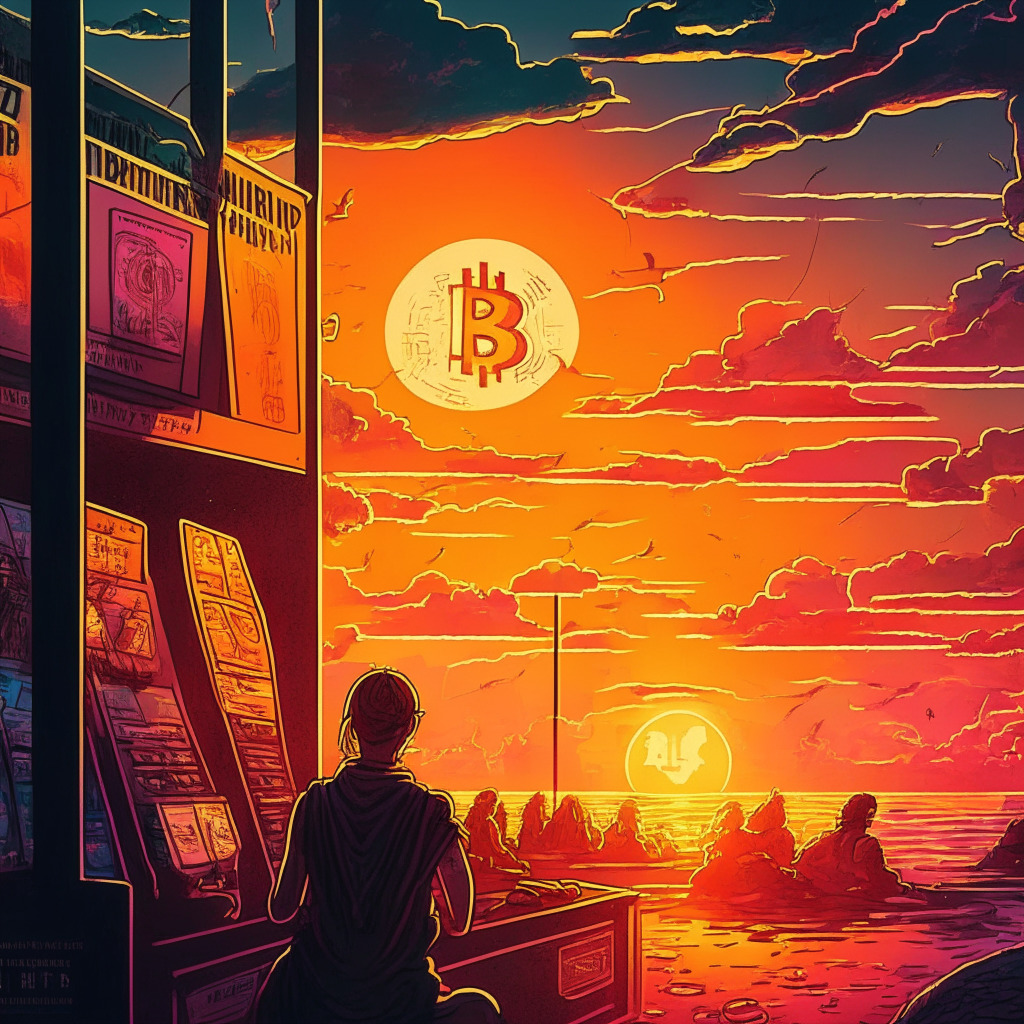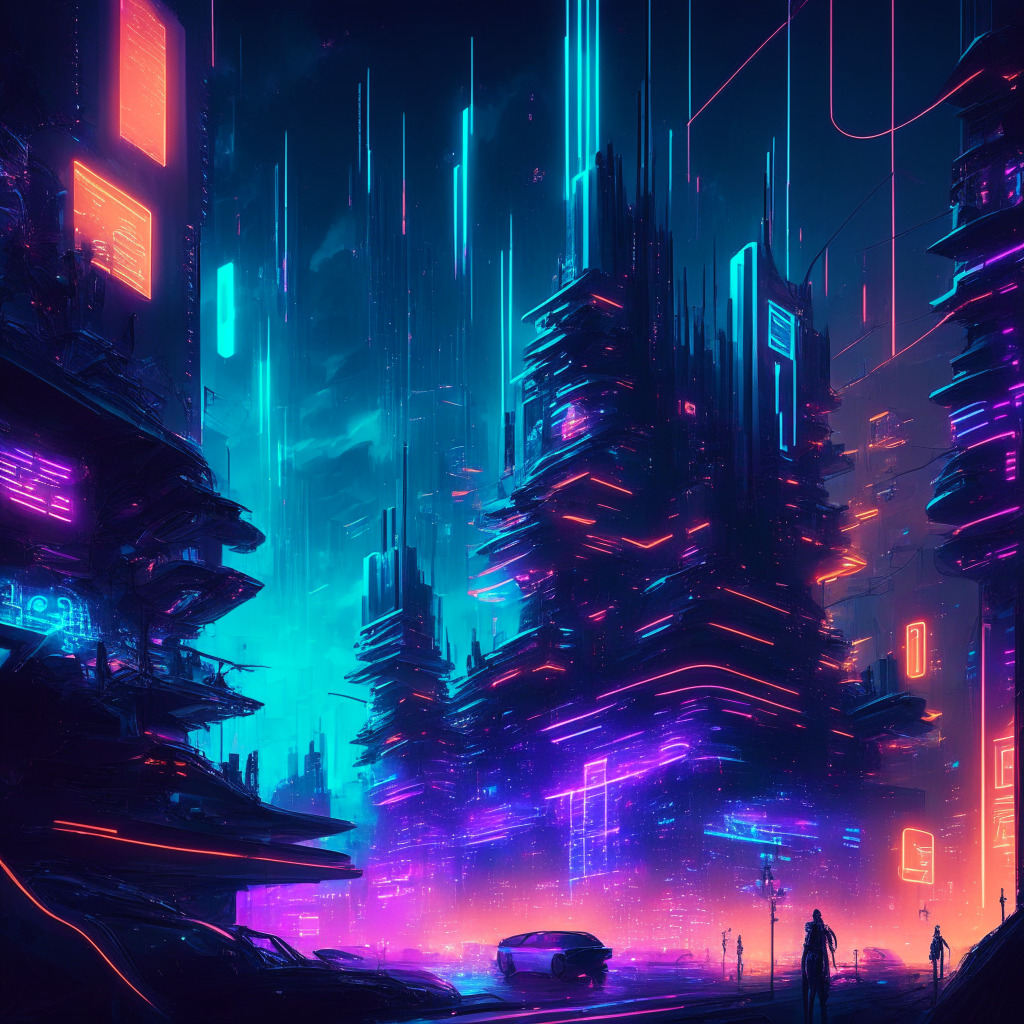The Web3 gaming space has predominantly featured play-to-earn and casual gaming titles since its inception. However, according to Animoca Brands CEO Robby Yung, more triple-A console-style games are anticipated to launch in the upcoming year. With games like Life Beyond, Devourers, and Phantom Galaxies paving the way, this shift could signal an evolution in the gaming industry.
Life Beyond, one of Animoca Brands’ most advanced games, emerges from early alpha testing with the development team’s experience in producing traditional high-quality games like Assassin’s Creed. Yung believes this content style and storytelling will attract more traditional gamers. In the next six months, the Revv ecosystem, including games in collaboration with Moto GP and Formula E, will see significant developments. These developments can contribute to onboarding traditional gamers that have been hesitant towards Web3 games.
Yung likens the current situation to the rise of mobile gaming, stating that a vocal minority of the gaming community tends to resist change. However, the gaming industry is moving towards a hybrid model that acknowledges the importance of mobile and casual gaming sectors, which currently account for half of the market. Advancements in technology can lead to a new model that intertwines traditional and blockchain gaming and ultimately embraces blockchain and NFTs fully.
Moreover, Animoca Brands’ broad vision for the company includes educational platforms and an open, decentralized metaverse. This contrasts with centralized platforms pushed by legacy players, such as Meta. Yung emphasizes the necessity of blockchain technology and its role in enabling content interoperability, a crucial aspect of a true metaverse.
Nonetheless, regulatory challenges pose obstacles for the Web3 industry, creating risk aversion and hesitation among investors. Yung’s optimism about the metaverse comes with the caveat that a centralized, closed definition of the metaverse is becoming irrelevant. He commends France as an emerging Web3 hub, attributing its growth to talented entrepreneurs who actively build in the space.
In conclusion, with the advent of triple-A console-style games in the Web3 gaming space, traditional gamers and industries may find themselves more inclined to explore blockchain and decentralized gaming. Despite regulatory challenges, there appears to be a growing ecosystem that advocates for the adoption of blockchain technology and NFTs in gaming. The future of the gaming industry seems to be moving in an exciting new direction that embraces the power of blockchain and decentralization.
Source: Decrypt




